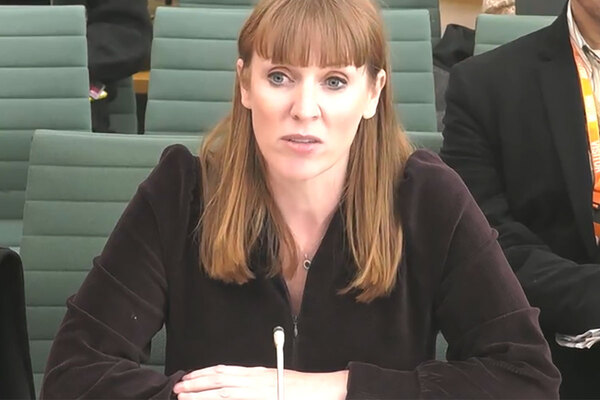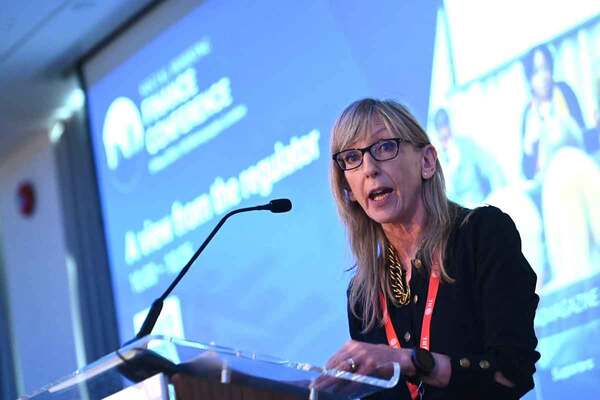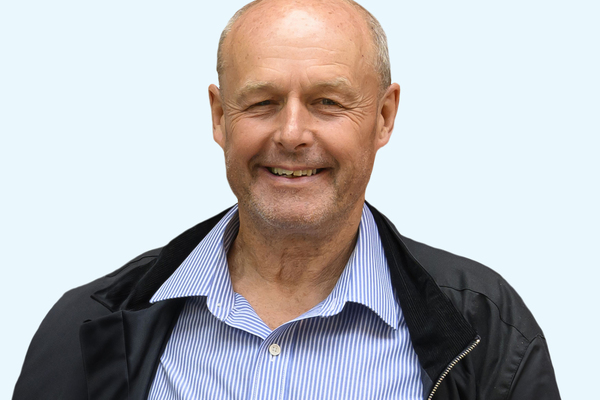You are viewing 1 of your 1 free articles
Prospects for the poorest
Ahead of a CIH conference debate about state abandonment of the poor, Julia Unwin says the poorest need more than just protection
The safety net is frayed. Jobseeker’s allowance provides 40 per cent of what people need and its real terms value has remained the same for 30 years. The 2012 decision to break the link between benefit uplifts and inflation removed at a stroke the protection recipients had against the soaring cost of essentials.
Yet the state is arguably now more interested and involved in the lives of poorest than ever before.
Through the work programme and increased benefits conditionality it demonstrates a determination to play an ever more active role in shaping behaviour. The motives seem to be the right ones. Whether it delivers good outcomes, particularly for those furthest from the labour market, remains open to question. The right motives must be matched with the right level of support – in training and advice. As the government accelerates towards becoming a commissioning state, the priority should be safeguarding equity. The temptation is huge for risk bearing providers to focus on the ‘easiest’ clients and ‘park’ or exclude those who seem most intractable.
Detailed evidence carried out for the Joseph Rowntree Foundation on the early impacts of welfare reform show that housing associations are providing information, advice on jobs and benefits, tackling fuel poverty and meeting crises through hardship funds and support for food banks. They increasingly advise tenants about juggling rent, council tax payments, and food and energy bills. As well as mitigating poverty, they are helping them find a way out of hardship. Tenants – with help from their landlords – are putting a renewed focus on finding work, apprenticeships, training and skills in response to the changes.
Where the state retreats, the housing sector steps in. But should it have required the spare room subsidy and benefits cap to force unlock this additional support? And what are the long-term costs?
A focus on existing property and current tenants is important. But if it limits the capacity of housing associations to provide more homes, and means they exclude the poorest applicants from new lettings, it causes other problems. We risk aiding one group of households in poverty at the expense of others, condemning them to the margins of society and potential destitution.
The challenge is to identify what can be done to offer prospects to the poorest, not just protection. We are in the middle of a major social experiment in which the capability of both state and non-state actors will be tested.
Julia Unwin is chief executive of the Joseph Rowntree Foundation and Joseph Rowntree Housing Trust
She will be part of a panel, along with Owen Jones and Daniel Finkelstein on Tuesday at CIH Housing 2014 conference. To book your place click here.







